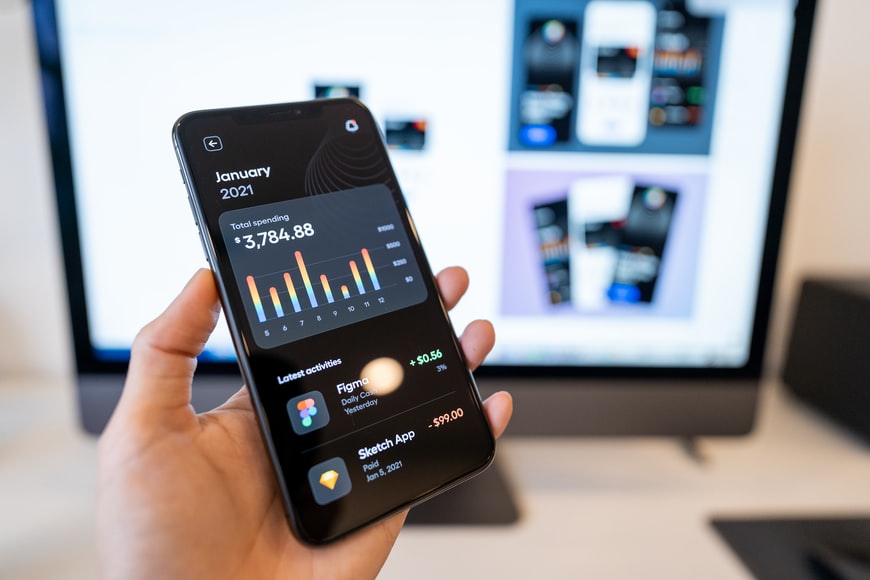The Most Eminent Reasons Why Apps Fail and How to Avoid Them
4 Mins Read
Published on: 12 October 2021
Last Updated on: 21 November 2024

toc impalement
App stores are overflown with similar apps, and as more mobile apps are being launched, the risk of a mobile app failing is very high. According to Gartner, less than 0.01% of apps become commercially successful, so the question is: how do you ensure this doesn’t happen to you?
Whether you’ve hired a team of professional developers or chosen the more time- and cost-effective option of using an app builder, you’re going to put all your heart and soul into it. So, if your app doesn’t do well, you will lose out on potential customers and your business will suffer.
This is why it’s important to know why other apps fail. In this post, we’re outlining some of the most eminent reasons why mobile apps fail and offer tips on how to avoid them so that you can come up with an effective strategy and make your mobile app a success.
1. Lack of Market Research

How will you know if people actually need the type of app you want to develop unless you first conduct a thorough research about your target audience and the overall market? It’s not about making something that you personally want, but about catering to market demands.
Start by testing your idea by asking your target customers questions like: Would you want to use such an app? Will it address any pain points? If your product doesn’t target a specific market or solve a problem, it will be practically useless.
Gather data that proves there’s a need for your app. One way to achieve this is by creating an MVP (minimum viable product) and then upgrade as you get feedback from users.
2. Lacking Originality
As mentioned before, the app market is flooded with apps that perform similar functions and solve similar issues, so if you want to succeed, you need to have a great value proposition. Start by doing competitive research to identify the weaknesses and strengths of your competitors and determine your own competitive advantage.
In order to boost your chances of success, consider drafting a vision statement that defines the solution to the pain point your target customers are having and provides a direction towards the end goal of your app.
Another option to take into consideration is app prototyping, i.e. testing your product with a prototype. This will help pinpoint and fix any issues early on in the project when it is much less expensive to make changes and adjustments. During this process, product teams will be able to continually review the concept and refine it until it meets user needs and business objectives.
3. Poor User Experience
Great UX consists of many elements. At a base level, your mobile application has to be intuitive. If users have trouble performing basic functions, it will result in poor usability. Other examples of poor UX include long loading times, difficult-to-access features, long registration process, bugs, etc.
It’s always better for you to discover these issues rather than the users, so it makes sense to invest energy and time into thorough testing before launching.
In addition, be sure to keep your app design simple. If your mobile app has a bunch of complicated features, the interface will be too confusing and messy, and people won’t be comfortable using it.
4. Poorly Executed Launch and Marketing

If you want to impress potential users and spark their interest, you need to devise a solid marketing plan that will help you highlight the value of your mobile app, show off its functions, and demonstrate how it will help solve their pain points. Your app will also need to be relaunched and updated regularly in order to keep users hooked and engaged.
Before users decide to download your app, they need to be convinced that it is the solution they’ve been looking for. But first, you’ll need to market your mobile app so that people know it exists. You can do this on social media, your website, or in the app store description.
Final Thoughts
If you have a great app idea and plan to develop it, make sure to use these mistakes as a what-to-avoid guide. Focusing your efforts on market research, thorough testing, and developing a strong marketing strategy are just some of the factors that can be the difference between success and failure.
Read Also:


















Comments Are Closed For This Article